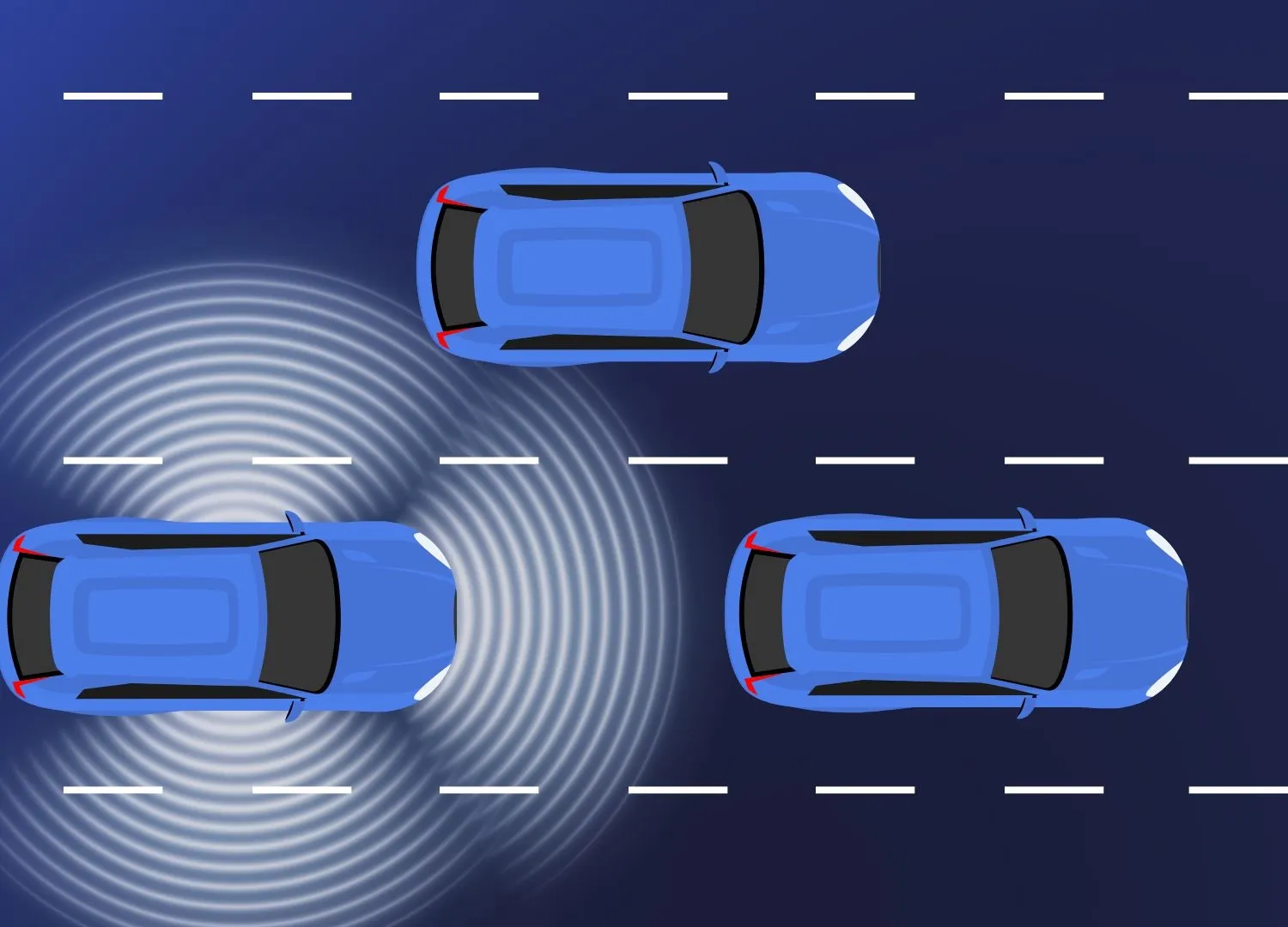TomTom and Volkswagen Group Research have signed a Memorandum of Understanding to join forces for the development of highly automated driving (HAD) systems.
Their aim is to jointly develop the digital map that is essential for automated driving by combining TomTom’s expertise in map content and map making with Volkswagen’s know-how of the car and automated driving.
The map that is used today for navigation, including geometry, street names, and addressing, is not sufficient for the future needs of a
October 3, 2014
Read time: 2 mins
Their aim is to jointly develop the digital map that is essential for automated driving by combining TomTom’s expertise in map content and map making with Volkswagen’s know-how of the car and automated driving.
The map that is used today for navigation, including geometry, street names, and addressing, is not sufficient for the future needs of automated driving. The car’s computer will require much more accurate and up-to-date information about its location and environment than is provided today. This includes for example more detailed information lane markings and traffic lights.
TomTom and Volkswagen Research are working on a concept based on the navigation data standard (NDS) to deliver scalable and cost effective automated driving systems that do not require expensive hardware.
“Partnering with Volkswagen Group Research to develop the future of HAD reaffirms TomTom’s position as a key partner in the automotive market,” said Harold Goddijn, CEO of TomTom. “TomTom’s mapping expertise provides the precise data and scalable technology platform needed to enable highly automated driving in cars.”









